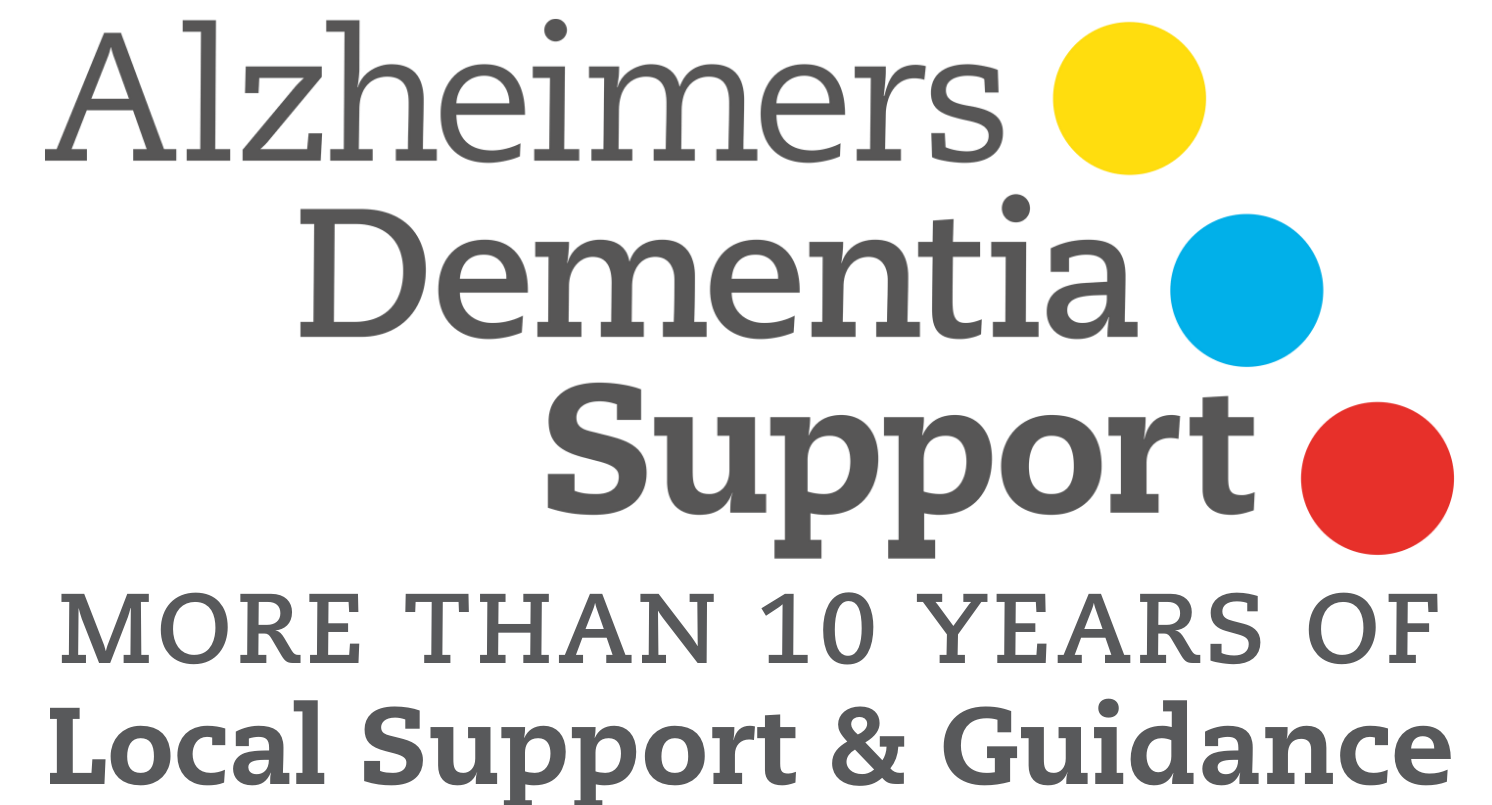Exploring the Most Common 5 Types of Dementia
Dementia is a complex condition that affects millions of People worldwide, impacting memory, cognition and daily functioning.
When someone is diagnosed with Dementia, the entire Family is affected and everyone must know what they are dealing with. This requires serious research and knowing what type of Dementia you are living with it’s a major step in this journey.
Dementia is not a disease, but an umbrella term for a lot of different medical conditions which have similar symptoms.
There are various types of Dementia, each with its distinct characteristics and progression. Understanding these different types is crucial for proper diagnosis, treatment and caregiving.
Let’s go through the five most common types of Dementia and talk about their key features and implications.
Alzheimer’s disease
The majority of Dementia cases in older People are caused by Alzheimer’s disease. It often develops slowly, over several years and during the early stages can be a bit confusing because it starts with mild forgetfulness which can be part of normal ageing.
It is caused by changes in the brain, including abnormal buildups of proteins, known as amyloid plaques and tau tangles. There is an ongoing build-up of abnormal clumps of protein that causes damage to the nerve cells in the brain leading to the progressive deterioration of cognitive function, memory loss, and behavioral changes.
Early signs of Alzheimer’s disease usually include difficulty in forming new memories of recent events, difficulty finding the proper words, figuring out problems or making decisions, judging distance and finding the way to familiar places.
As the disease advances, individuals may experience profound memory loss, disorientation, and difficulties with language and motor skills.
Vascular Dementia
This is the second most common type of Dementia and it can occur suddenly, usually following a stroke affecting major blood vessels. It can also progress slowly or over time through a series of small strokes or damage to blood vessels in the brain. The signs and symptoms can sometimes be difficult to tell from Alzheimer’s and other forms of Dementia.
The standard symptoms of Vascular Dementia include memory loss, disorientation problems with communication and changes in how the person walks. More specific symptoms differ depending on which part of the brain is affected.
People with Vascular Dementia may also experience mood changes, depression and trouble with walking or balance. Unlike Alzheimer's disease, which has a gradual onset, Vascular Dementia can manifest suddenly following a stroke or series of mini-strokes.
Lewy Body Dementia
This form of Dementia is caused by the presence of abnormal deposits of the protein alpha-synuclein, called Lewy bodies, in the brain. The protein deposits disrupt nerve cell connections in the brain and cause changes in movement, thinking, behaviour and alertness.
Lewy Body Dementia shares some similarities with both Alzheimer's disease and Parkinson's disease, as individuals may experience cognitive decline along with movement and visual disturbances. People affected by this disease might shuffle as they walk and have a high risk of falling. It may also cause moments of severe confusion and hallucinations. The sleep pattern can be affected by people easily falling asleep during the day and having disrupted sleep at night.
Diagnosis of Lewy Body Dementia can be challenging due to its overlapping symptoms with other neurodegenerative disorders.
Frontotemporal Dementia
This type of Dementia is a group of disorders characterized by progressive damage to the frontal and temporal lobes of the brain and it usually occurs in younger people between the ages of 40 and 65. It is associated with abnormal amounts or forms of the proteins tau and TDP-43. It affects behaviour, personality and language function.
Some cases of Frontotemporal Dementia are linked to motor neurone disease and the early symptoms may vary depending on which area of the front section of the brain is affected. They can include changes in behaviour, personality, lack of personal and social awareness (e.g. personal hygiene, being tactless) and language difficulties such as aphasia (speaking or understanding others).
Usually, Frontotemporal Dementia affects the front section of the brain and the temporal lobes. If the frontal lobes are affected, the person will have increasing difficulty with motivation, planning and organising, controlling emotions and maintaining socially appropriate behaviour. If the temporal lobes are affected the person will have difficulty with speaking and/or understanding language.
Mixed Dementia
Mixed Dementia refers to a combination of two or more types of Dementia, commonly Alzheimer's disease and Vascular Dementia.
It is common for People with Dementia to have more than one form of Dementia. For example, many of them have both Alzheimer's disease and vascular Dementia. After many studies, researchers have discovered that people aged 80 or older, most probably have Mixed Dementia caused by a combination of brain changes related to Alzheimer's disease, vascular disease-related processes or another condition that involves neurodegeneration.
Diagnosing Dementia is not an easy task for doctors as symptoms may vary depending on the extent of each underlying condition. The overlap in symptoms of various types of Dementia can make it difficult to get an accurate diagnosis. Management often involves addressing both Alzheimer's-related cognitive decline and vascular-related impairments.
As the number of People with Dementia continues to rise globally, understanding the different types of Dementia becomes increasingly important for early detection, accurate diagnosis and tailored treatment approaches. While Alzheimer's disease remains the most common form of Dementia, other types such as Vascular Dementia, Lewy body Dementia, Frontotemporal Dementia and Mixed Dementia also pose significant challenges for individuals and their families.
By raising awareness and promoting research into effective interventions, we can strive to improve the lives of those affected by these complex neurological conditions.
The ‘ADS’ Advisors are well-trained professionals who can offer you guidance and support in this journey. Our Charity also offers many Services specially designed for People with Dementia and their Carers. We are here for you, so don’t hesitate to contact us if needed.
For more information about the ‘ADS’ Services, please check the Services Directory.


